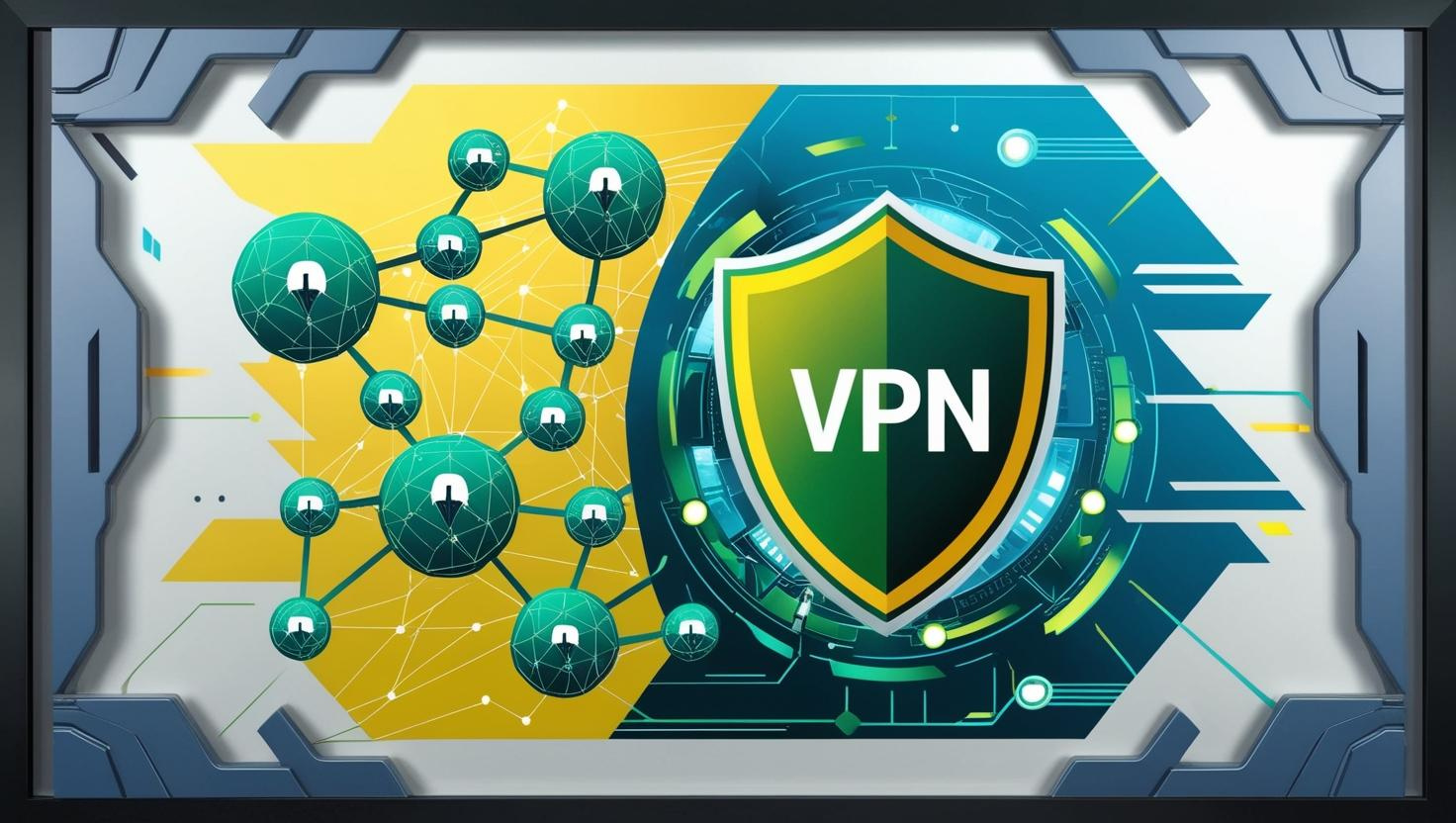Cybersecurity threats are evolving, and artificial intelligence (AI) is playing a significant role in both enhancing security and creating new risks. Hackers are using AI to develop more advanced cyberattacks, making traditional security measures less effective. As these threats grow, many wonder if VPNs (Virtual Private Networks) can still protect users. This article explores the impact of AI-driven cyber threats and the role of VPNs in maintaining online security.
Understanding AI-Powered Cyber Threats
AI has changed the cybersecurity landscape by automating attacks, improving phishing techniques, and finding vulnerabilities faster than ever. Some of the most dangerous AI-driven threats include:
1. AI-Powered Phishing Attacks
Traditional phishing relies on generic emails designed to trick users into revealing sensitive information. AI makes these attacks more sophisticated by:
- Personalizing emails based on social media activity and email history.
- Mimicking human behavior to make phishing attempts seem more legitimate.
- Generating fake websites that look identical to real login pages.
2. Automated Malware and Ransomware
Hackers are using AI to develop malware that adapts and avoids detection. AI-driven ransomware can:
- Encrypt files faster and demand payment without manual intervention.
- Detect security software and alter its behavior to bypass defenses.
- Spread more efficiently by identifying weak points in a network.
3. Deepfake and Social Engineering Attacks
Deepfake technology, powered by AI, can manipulate audio and video to impersonate trusted individuals. This can lead to:
- Fraudulent financial transactions initiated by deepfake-generated voices.
- Scams targeting employees by mimicking executives or coworkers.
- Fake news and misinformation spreading through manipulated content.
4. AI-Enhanced Brute Force Attacks
Brute force attacks, which attempt to crack passwords, have become more powerful with AI. Attackers can:
- Use AI algorithms to predict passwords based on user habits.
- Test millions of combinations at high speed.
- Bypass traditional CAPTCHA security measures.
The Role of VPNs in Cybersecurity
VPNs are widely used to enhance privacy and security online. They encrypt internet traffic and mask users’ IP addresses, preventing tracking and data interception. But in the age of AI-driven cyber threats, are VPNs still effective?
How VPNs Help Protect Against AI Cyber Threats
- Encryption Shields Data from AI Scanners – VPNs encrypt data, making it difficult for AI-driven malware to intercept sensitive information.
- Hides IP Address to Prevent Targeted Attacks – AI tools use IP tracking to profile users. VPNs mask real IP addresses, reducing exposure.
- Prevents ISP Data Logging – AI-driven analytics can be used by ISPs to track and sell browsing data. VPNs keep internet activity private.
- Enhances Security on Public Wi-Fi – AI-powered cyberattacks often target public networks. VPNs add an extra layer of security against such threats.
Limitations of VPNs Against AI Threats
While VPNs provide security benefits, they are not foolproof against AI-driven cyber threats. Some limitations include:
- Phishing Vulnerability – VPNs cannot prevent AI-generated phishing scams if users fall for deceptive links.
- Deepfake Scams – VPNs do not protect against deepfake social engineering attacks.
- Compromised VPN Providers – Some VPNs may log user data, making them vulnerable if targeted by AI-enhanced attacks.
Strengthening Security Beyond VPNs
To stay safe from AI-powered threats, users should combine VPNs with other security measures:
1. Use Multi-Factor Authentication (MFA)
Adding an extra layer of authentication reduces the risk of AI-assisted brute-force attacks.
2. Employ AI-Based Security Solutions
AI-powered cybersecurity software can detect and block sophisticated threats in real time.
3. Stay Educated on Phishing and Deepfake Threats
Recognizing AI-driven scams helps users avoid falling victim to fraudulent activities.
4. Choose a Reputable VPN Provider
Opt for a VPN that does not log data, offers strong encryption, and includes security features like a kill switch and DNS leak protection.
AI-powered cyber threats are making digital security more challenging, but VPNs remain an essential tool for protecting online privacy. While VPNs can shield users from data interception and tracking, they must be used alongside other cybersecurity measures to counter AI-driven attacks. By combining VPNs with AI-based security tools, multi-factor authentication, and user awareness, individuals and businesses can enhance their defenses in an increasingly sophisticated cyber landscape.
